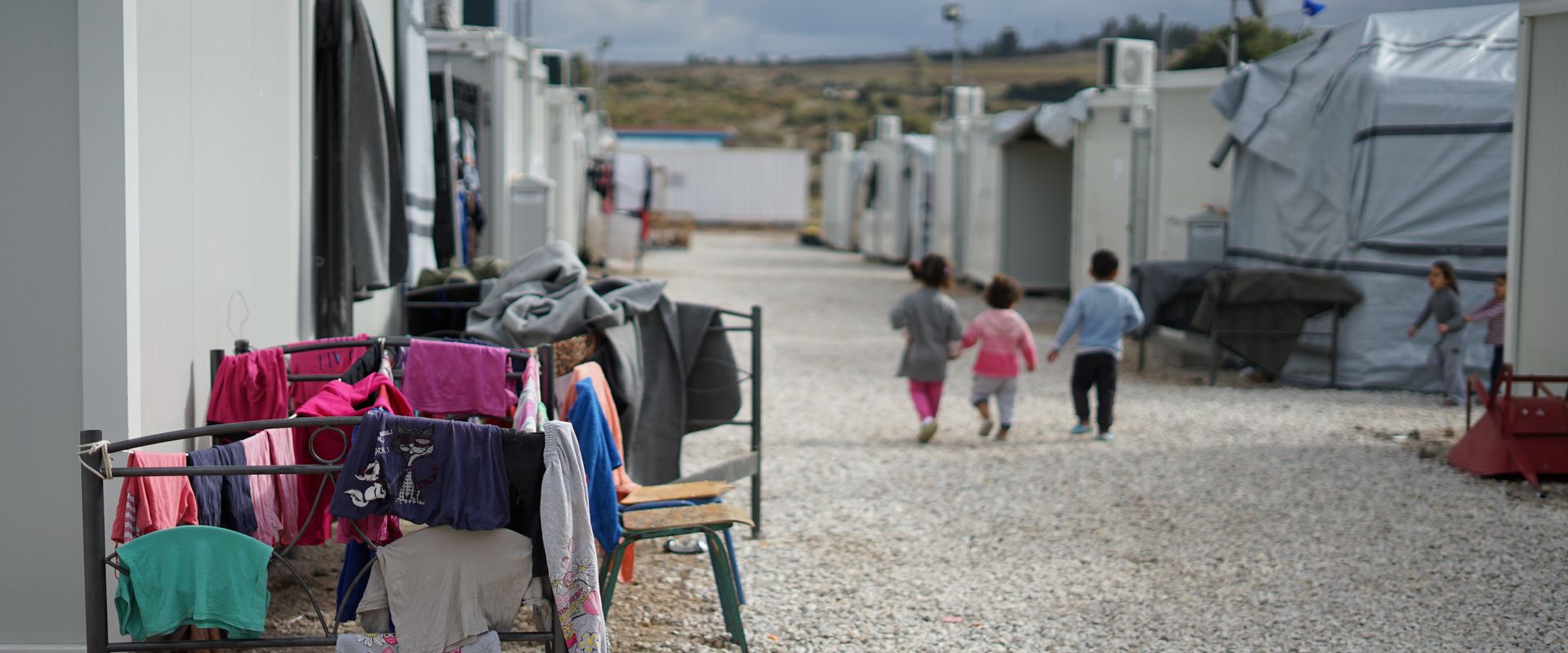In the 1940s, Dorothy Sayers saw the war force consumers into a right attitude about work, an attitude in which the excellence of a product, and the skill and labor of the worker, became valued. Christians can take the lead in this change again.
Sometime between 1941 and 1942, British author and thinker Dorothy Sayers wrote the essay called “Why Work?” as a reflection on what could be different in the post-war world. Realizing the world’s economy and people’s outlook had been entirely disrupted by the war, Sayers asks, “Do you realize how we have had to alter our whole scale of values, now that we are no longer being urged to consume but conserve?”
She goes on to describe changes such as repairing a torn stocking instead of just replacing it and paper becoming so scarce one paused to think before writing on a sheet. Sayers observes that while it’s always painful to change a habit of mind, once we have made the effort, “we may find a great relief, even a sense of adventure and delight, in getting rid of the false and returning to the true.”
On March 11, 2020, the World Health Organization declared the coronavirus outbreak a global pandemic. Schools and universities sent students home and switched to distance learning. The stock market plummeted as consumers stayed away from stores, restaurants, and entertainments. Workers worked from home, stopped working or earning at all, or sought some protection from the risks to which their jobs exposed them. And, once again, there was a paper shortage — toilet paper!
As of this writing, we’re in the middle of it. So I wonder, how will our values change? Is there a Christian basis for thinking about the post-COVID-19 world?
I had a “snow day” response at the beginning. Numerous meetings were canceled, air travel postponed, and I got to work from home. When all my weekend activities were canceled, that was a relief, too. Why do I pack my life so full? Like most people I know, my work-rest balance has been seriously out of whack. What if this time of self-quarantine and shuttering of our usual entertainments causes us to rethink our daily activity and reprioritize? What activity is life-giving and God-honoring and what is merely life-filling?
That “snow day” response wears off quickly as the deeper impact of working alone, or working in high-risk situations, or not working at all, sinks in.
As I write this, the brick masons working on the building outside my window haven’t returned to work. The musicians and actors in my neighborhood will be out of work for several months. Jobs in the travel and entertainment industries are at great risk. Work we may have taken for granted is no longer there, or at least threatened.
Might this experience change us from feeling entitled to work to being grateful? And grateful for the work of others?
In the 1940s, Sayers saw that the war forced consumers into a right attitude about work, an attitude in which the excellence of a product, and therefore the skill and labor of the worker, became what was valued. Christians can take the lead in this change once again.
As people who believe that work is the natural exercise and function of man, made in the image of his Creator, we know that work is not only “a thing one does to live, but the thing one lives to do.” We are most likely facing extended economic turmoil and hardship, here and abroad. The coronavirus is called a pandemic (vs. epidemic) because it’s global. It highlights our interconnectedness.
Our first call as God’s people is to seek his presence and shift from fear and attendant self-protection, to love and care for our neighborhoods and cities. Secondly, we can seek our sovereign God’s purposes in this for our lives, work, and society. Finally, we can ask for his guidance in ways to be people of love and good deeds among our colleagues and neighbors, remembering that the Creator and Redeemer is still at work renewing all things.





